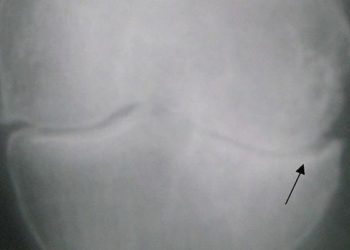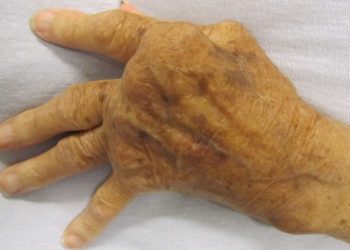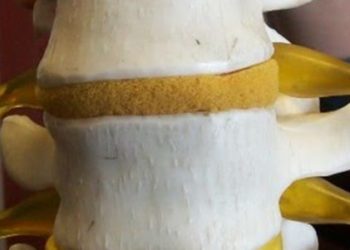Spesolimab may improve quality of life in patients with generalized pustular psoriasis flares
1. Efficacy of spesolimab appeared to be dose-dependent with high-dose spesolimab leading to a significantly longer time to GPP flare-up versus placebo.
2. There were no treatment-related deaths or hypersensitivity reactions across groups.
Evidence Rating Level: 1 (Excellent)
Study Rundown: Generalized pustular psoriasis (GPP) is a rare but chronic skin condition with a high morbidity. Spesolimab is an anti-interleukin-36 monoclonal antibody that may lead to rapid symptom resolution in patients with GPP flares. However, further research is needed to evaluate its efficacy. This randomized, controlled trial aimed to evaluate the safety and efficacy of spesolimab in preventing GPP flares. The primary outcome of this study was the time to first GPP flare, while a key secondary outcome was the dose-response relationship for spesolimab versus placebo. According to study results, high-dose spesolimab was significantly more effective in preventing GPP flares compared to placebo. Although this study was well done, it was limited by a small sample size and the need for long-term follow-up to assess treatment safety and efficacy.
Click to read the study in The Lancet
Relevant Reading: Trial of Spesolimab for Generalized Pustular Psoriasis
In-depth [randomized-controlled trial]: Between Jun 8, 2020, and Nov 23, 2022, 157 patients were screened for eligibility across 60 hospitals and clinics in 20 countries. Included were patients aged 12-75 years with documented GPP, ≥ 2 past GPP flares, and a GPP Physician Global Assessment (GPPGA) score of 0 or 1 at screening. Altogether, 123 patients (92 in spesolimab and 31 in placebo) were included in the final analysis. The primary outcome of time to GPP flare was significantly longer in spesolimab compared to placebo, with a dose-dependent effect (high-dose: hazard ratio [HR] 0.16, 95% confidence interval [CI] 0.05-0.54, p=0.0005; medium-dose: HR 0.47, 95% CI 0.21-1.06, p=0.027; low dose: HR 0.35, 95% CI 0.14-0.86, p=0.0057). Moreover, a non-flat dose-response relationship for spesolimab versus placebo existed (linear p=0.0022). There were no treatment-related deaths reported. Overall, findings from this study suggest that high-dose spesolimab is effective in preventing GPP flares.
Image: PD
©2023 2 Minute Medicine, Inc. All rights reserved. No works may be reproduced without expressed written consent from 2 Minute Medicine, Inc. Inquire about licensing here. No article should be construed as medical advice and is not intended as such by the authors or by 2 Minute Medicine, Inc.









